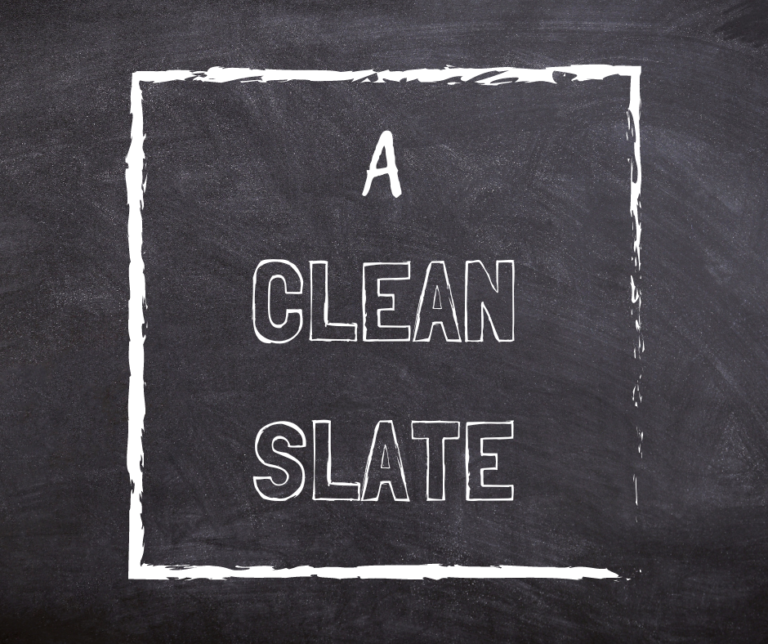By Tamara Lytle
Cannabis has long been heralded for its calming properties. But lately it’s having quite the opposite effect on HR professionals, as they navigate the myriad state laws and court cases affecting the controversial substance to create drug-testing policies and procedures.
Possession or use of marijuana remains illegal under federal law. But state laws are changing at a dizzying speed, including some that now limit a company’s ability to fire an employee for failing a drug test. Courts have begun siding with workers who say their off-duty use of cannabis for medical reasons led to their unfair dismissal. Recent court cases have left employers facing discrimination charges for taking action against workers who flunk marijuana tests. Nevada in June limited rejecting job applicants for failing a test. Even cities are getting into the act, with the New York City Council voting in April to ban marijuana testing for job applicants (with exceptions for such jobs as public-safety workers).
Californians voted to legalize medical marijuana in 1996. Now at least 33 states have a comprehensive medical marijuana program. Colorado and Washington legalized cannabis for recreational use in 2012; nine other states, and Washington, D.C., followed suit.
“There has been a significant cultural and political shift with regard to how most Americans approach [marijuana] use,” says Paul Armentano, deputy director of NORML, a group that advocates national legalization of cannabis.
About 66 percent of Americans favor legalizing marijuana—the highest measure in 50 years of polling—according to Gallup.
About 24 million Americans ages 12 and older are current users of marijuana, according to a 2016 Substance Abuse and Mental Health Services Administration survey. The numbers have increased mostly due to more marijuana use by adults 26 and older.
The widespread use is evidenced by the increasing number of people failing marijuana tests, especially in states where recreational use is legal. Barry Sample, Ph.D., director of science and technology for the employer solutions division of Quest Diagnostics, says the rate of positive tests has increased 35 percent since 2010 in places where marijuana is illegal and has risen even faster in states where it’s legal—in those areas it jumped 71 percent during that period. (Although the rates are increasing, the percentage who flunk in the general workforce was just 2.8 percent nationwide last year, according to Sample.)
“What companies really wrestle with is the quality of the drug test and what [the results] mean,” says Eric B. Meyer, an employment lawyer at FisherBroyles in Philadelphia. “Just because a drug test comes back and is positive for THC,” he says, “doesn’t mean the individual was high at the time of the test.
Alcohol versus Marijuana Testing
Testing for marijuana is different from testing for alcohol, creating complications for HR. There’s no consensus over just how much THC—the drug’s psychoactive component—means a person is impaired. With alcohol, “impairment” is more clearly defined. Federal rules set .04 percent blood alcohol readings as a violation for workers in jobs such as driving trucks or forklifts. Sample adds that private companies generally use a range somewhere between .02 and .04 percent.
Alcohol is burned off at a rate of about one drink per hour, though the comparable rate for marijuana varies dramatically, based on factors like whether the person is a casual smoker or a heavy user. Those in the latter group may test positive for a month or more after use.
“We need to get away from this fixation on using drug tests as detection tests,” Armentano says. Instead, companies should look for tests that measure performance impairment—some of which specifically target marijuana’s impact on qualities such as short-term memory. “That’s the direction things are going,” he says.
Bifulco says companies need to figure out whether they care if an employee used marijuana on the weekend and then came to work sober but failed a drug test. Her clients are saying, “Don’t come to work impaired. But if you do marijuana on your own personal time, as an employer I’m not going to make myself crazy figuring that out.” Her company has never used pre-employment tests for marijuana because they don’t necessarily show recent use, she says.
HR Best Practices
-
Don’t tolerate marijuana use on the job, just as you wouldn’t tolerate alcohol use.
-
Train managers to spot signs of impairment.
-
Think carefully about the type of test your company uses and stay on top of developments in the technology of testing.
-
Talk to a lawyer about relevant state laws before setting policies and testing rules.
-
For companies operating in different states, know that testing policies may need to vary by location.
-
Educate employees about the company marijuana-use policy and the repercussions for failed tests, including random, post-accident or reasonable suspicion tests.
Marijuana Law Overview:
-
Marijuana is still illegal under federal law
-
State laws vary. Illinois recently became the 11th state to allow recreational use of marijuana. And 33 states allow marijuana for medical use.
-
Nevada and the city of New York have passed laws on pre-employment marijuana testing.
-
Other states also bar turning away potential employees based solely on a positive cannabis test if the individuals are eligible for medical marijuana.
-
Regardless of state law, federal rules require substance testing, including for marijuana, of certain employees such as truck drivers. Companies with federal contracts and grants, as well as federal agencies, must have a drug use policy that’s enforced.
-
CBD (cannabidiol) products are increasingly popular. They’re not supposed to contain much THC—which is what gives marijuana users the high—but since they’re not well-regulated, they can be contaminated with THC and cause false-positive tests. —T.L.
To view the full article click here.




